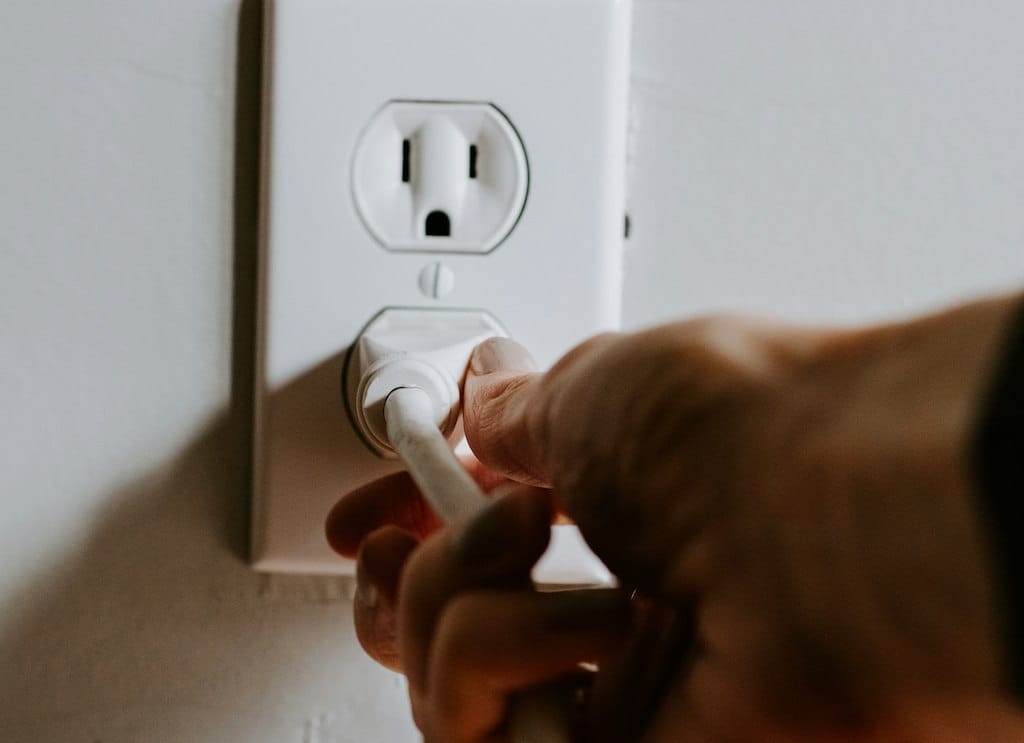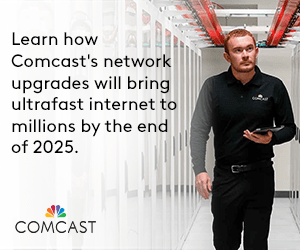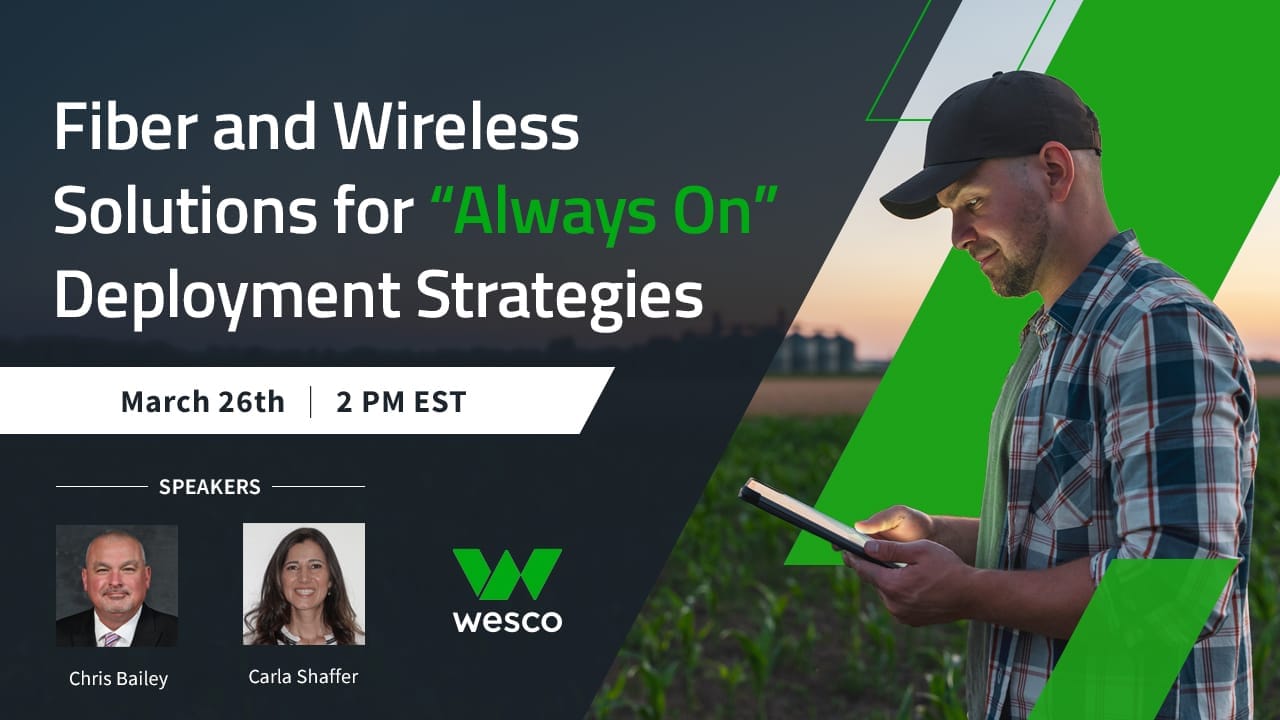Industry Experts Pessimistic On Potential ACP Extension
Two experts discussed the roadblocks standing in the way of an ACP extension
Corey Walker

WASHINGTON, March 13, 2024–Even though there are enough Republicans in Congress to pass an extension of the soon-expiring Affordable Connectivity Program, industry observers Tuesday were pessimistic about its passage.
Because House Speaker Mike Johnson, R-Louisiana, is not supportive, said Blair Levin, nonresident senior fellow at the Brookings Institute think tank, the measure is unlikely to get a vote before the House of Representatives.
Paul Gallant, a technology policy analyst for investment bank TD Cowen, agreed.

“Congress is probably going to do nothing,” said Levin.” If it were to hit the floor, it would pass, and I don’t think Speaker Johnson is going to let it go to the floor. We’ll see.”
Gallant agreed that an ACP extension would be an “uphill battle” and that, “day by day it gets tougher.”
“As for the impact, what you’re going to see in May and June is a lot of administrative problems as people try and figure out what to do. It will definitely be negative for all the ISPs,” Gallant added.
The two were speaking at a Free State Foundation event here.

Gallant also said he believed that ACP expiration could make ISPs more vulnerable to increased state regulation.
“The second thing is that you’re going to read stories about some woman who couldn’t get the healthcare she needed and passed away,” Levin added.
Giving broadband subsidies to people who already have internet connection makes the ACP a tougher sell to Congress, Levin said. If the program were more narrowly tailored to those lacking internet connection, it might be more likely to pass.
Additionally, Republican lawmakers may not want to give President Biden a political win in the middle of an election year, said Levin.
“The argument is getting caught up in electoral politics. The Republicans [would] certainly [be] passing a bill where President Biden will get most of the credit for it,” Levin added.
The ACP provides broadband subsidies of $30 and $75 per month to low-income households and households in tribal communities, respectively.
Although a predecessor program, the Emergency Connectivity Fund, began with pandemic relief legislation in late 2020, the official ACP program started in 2021 as a part of the bipartisan Infrastructure Investment and Jobs Act.
Congress furnished the broadband expansion effort with $14.2 billion in funding, resulting in an enrollment of 23 million households into the program. Republicans have cast skepticism on the ACP, with some calling the program “wasteful.”












Member discussion